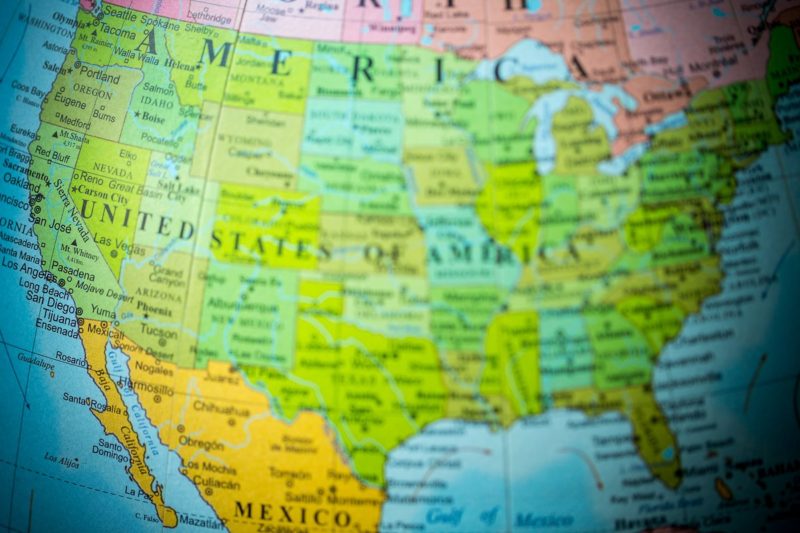Study: United States a ‘Stark Outlier’ in Countries With Legal Abortion, Thanks to Hyde Amendment
The study's lead author said the United States' public-funding restriction makes it a "stark outlier among countries where abortion is legal—especially among high-income nations."

The vast majority of countries pay for abortion care, making the United States a global outlier and putting it on par with the former Soviet republic of Kyrgyzstan and a handful of Balkan States, a new study in the journal Contraception finds.
A team of researchers conducted two rounds of surveys between 2011 and 2014 in 80 countries where abortion care is legal. They found that 59 countries, or 74 percent of those surveyed, either fully or partially cover terminations using public funding. The United States was one of only ten countries that limits federal funding for abortion care to exceptional cases, such as rape, incest, or life endangerment.
Among the 40 “high-income” countries included in the survey, 31 provided full or partial funding for abortion care—something the United States does not do.
Dr. Daniel Grossman, lead author and director of Advancing New Standards in Reproductive Health (ANSIRH) at the University of California (UC) San Francisco, said in a statement announcing the findings that this country’s public-funding restriction makes it a “stark outlier among countries where abortion is legal—especially among high-income nations.”
The researchers call on policymakers to make affordable health care a priority.
The federal Hyde Amendment (first passed in 1976 and reauthorized every year thereafter) bans the use of federal dollars for abortion care, except for cases of rape, incest, or life endangerment. Seventeen states, as the researchers note, bridge this gap by spending state money on terminations for low-income residents. Of the 14.1 million women enrolled in Medicaid, fewer than half, or 6.7 million, live in states that cover abortion services with state funds.
This funding gap delays abortion care for some people with limited means, who need time to raise money for the procedure, researchers note.
As Jamila Taylor and Yamani Hernandez wrote last year for Rewire, “We have heard first-person accounts of low-income women selling their belongings, going hungry for weeks as they save up their grocery money, or risking eviction by using their rent money to pay for an abortion, because of the Hyde Amendment.”
Public insurance coverage of abortion remains controversial in the United States despite “evidence that cost may create a barrier to access,” the authors observe.
“Women in the US, including those with low incomes, should have access to the highest quality of care, including the full range of reproductive health services,” Grossman said in the statement. “This research indicates there is a global consensus that abortion care should be covered like other health care.”
Earlier research indicated that U.S. women attempting to self-induce abortion cited high cost as a reason.
The team of ANSIRH researchers and Ibis Reproductive Health uncovered a bit of good news, finding that some countries are loosening abortion laws and paying for the procedures.
“Uruguay, as well as Mexico City,” as co-author Kate Grindlay from Ibis Reproductive Health noted in a press release, “legalized abortion in the first trimester in the past decade, and in both cases the service is available free of charge in public hospitals or covered by national insurance.”
